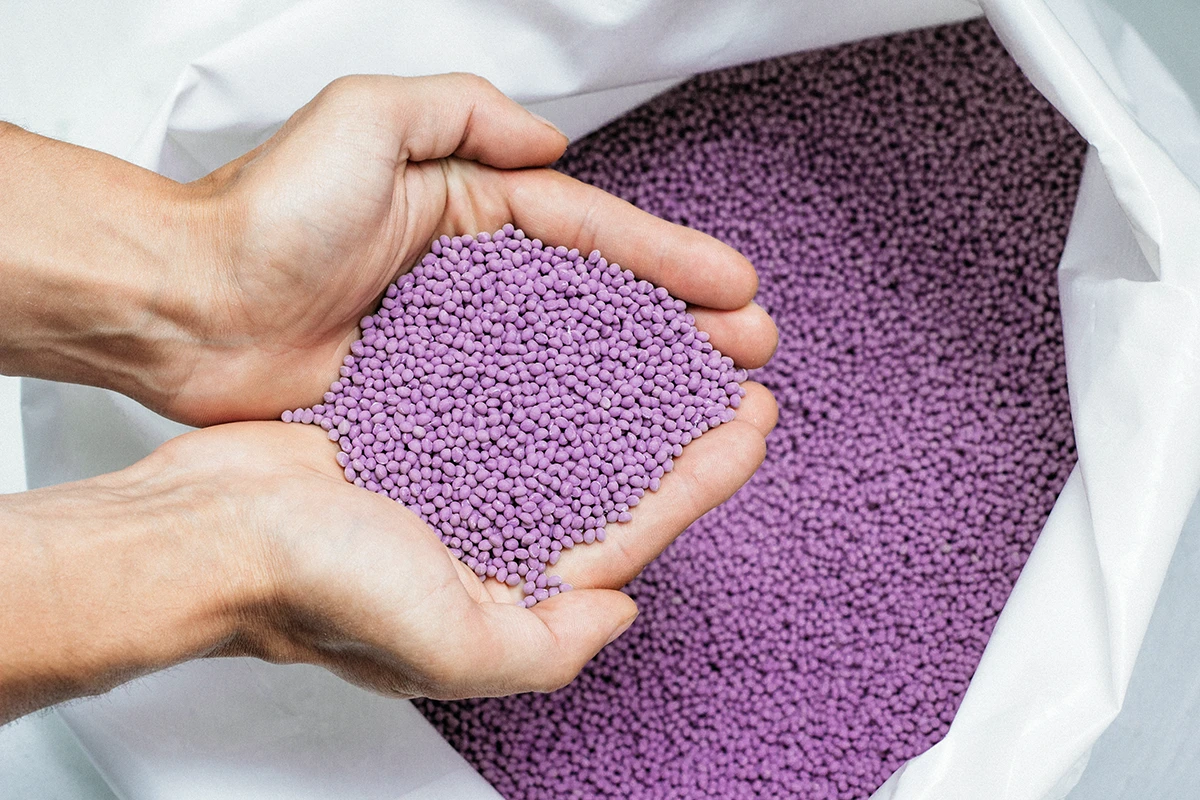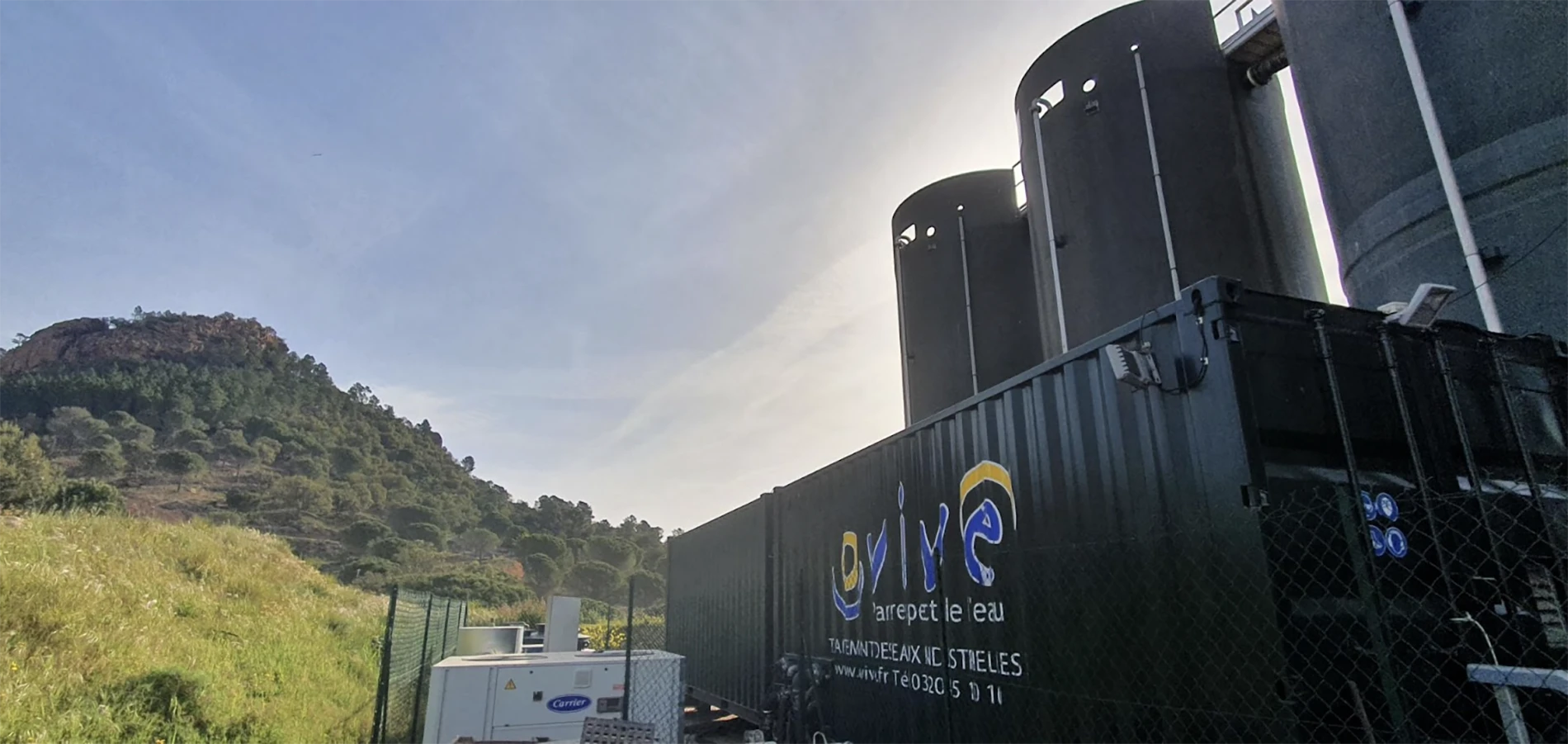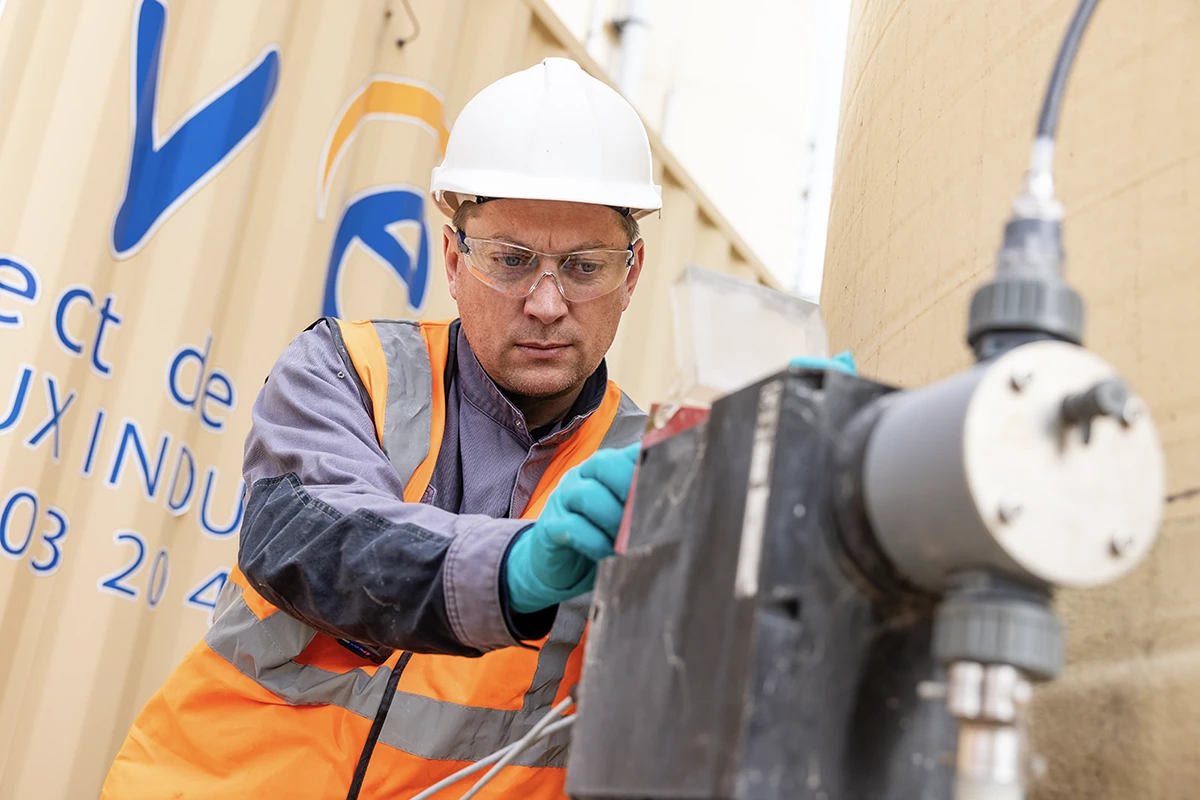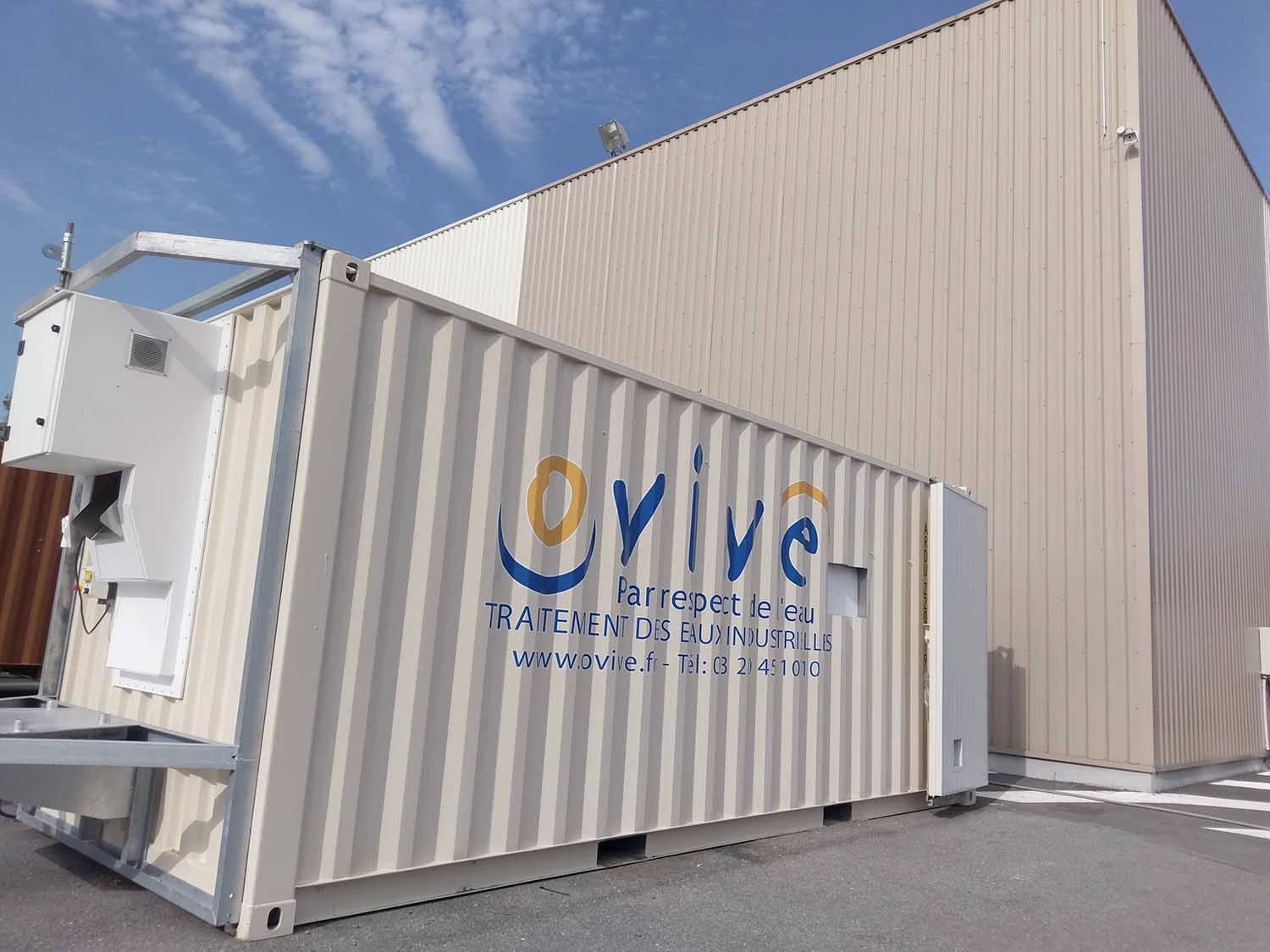Optimizing industrial water treatment for the chemical and plastics industries
Manufacturers in the chemicals and plastics industries are increasingly committed to controlling their environmental impact.
With more than 250 references in industrial water treatment, Ovive has been helping manufacturers to manage their effluents since 1999, offering tailored, innovative solutions.
Water quality and compliance: a crucial issue for the chemicals and plastics industry
The issue of quality and compliance is crucial to the chemical and plastics industry. It guarantees environmental protection and public health, while contributing to economic performance and corporate image. The chemical and plastics industry is subject to strict regulations on wastewater quality and compliance, with the notion of zero plastic discharge. These regulations aim to protect the environment and public health. Water safety and high water quality are essential for production applications in the chemical and plastics industries. The management of industrial water in the chemical and plastics industries must be based on robust, reliable solutions that ensure environmental and health compliance.
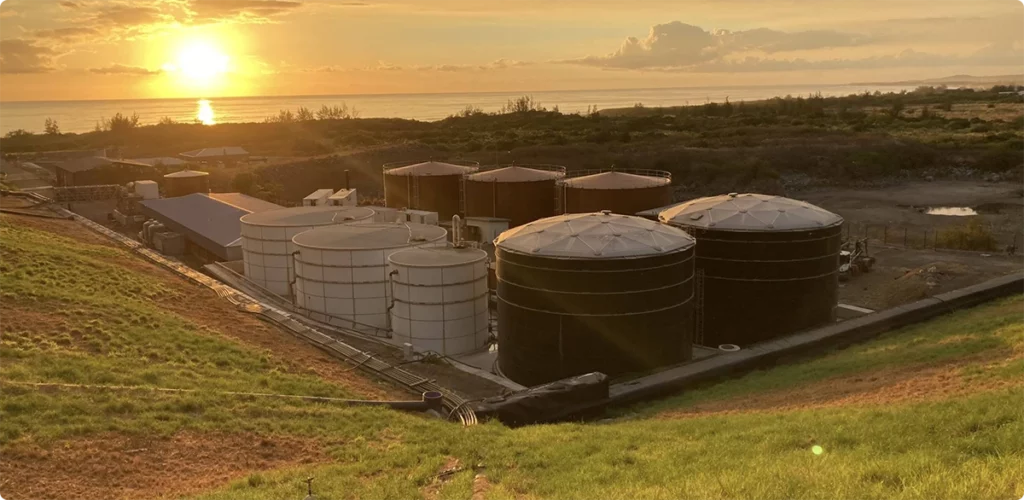
Discover all
our processes
Since 1999, Ovive has developed a wide range
of processes to meet the technical and operational needs of its industrial and leachate customers.
We meet the operational needs
of your business
Ovive offers a comprehensive solution to help you manage your effluents and preserve your water resources.We’re with you every step of the way, from design to day-to-day operation.
customer cases
Effluents in the chemical industry: a complex and varied challenge
Framed by extensive regulations (IED Directive, RSDE…), operators of chemical and plastics sites are mobilizing to gain a better understanding of their discharges. In this constantly innovating sector, waste is all the more varied because of the vast range of products available:
- Inorganic chemistry: industrial gases, dyes and pigments, basic inorganic products, nitrogen products and fertilizers, explosives
- Organic chemistry: petrochemicals, plastics, rubber, elastomers, polymers
- Detergents and industrial hygiene: detergents, soaps, disinfectants, insecticides, repellents
- Specialty chemicals: glues, paints, varnishes, inks and sealants, essential oils
Each operation is likely to generate effluents whose composition is specific to the processes involved. The result is often complex water, which can be prohibitively expensive to outsource. The effluents generated have specific characteristics: micropollutants, PFAS, dissolved pollution, organic and nitrogen pollution. The management of industrial water in the chemicals and plastics industries requires a solution that is specific to the production site, resilient and operational.
Preserving resources: towards sustainable water management
The chemical and plastics industries are increasingly committed to sustainable development. Wastewater treatment helps protect the environment from pollutants. In an effort to be more economical, manufacturers are striving to reduce their water consumption. The reuse of wastewater, REUT, enables water to be recycled for other applications, such as :
- Irrigation
- Boiler or cooling water
- Dilution
- Cleaning
Reducing water consumption. Reusing water and reducing water withdrawals can generate significant savings for companies in the chemicals and plastics sector, and increase their resilience to drought episodes. Industrial water management in the chemicals and plastics sector includes a resource and cost-saving approach, making production more resilient.
State-of-the-art technologies for efficient purification
The chemical and plastics industries require highly sophisticated wastewater treatment systems.
These systems include advanced filtration and purification technologies to remove harmful substances.
Oxygenation is often used to treat wastewater, and filtration systems are essential to ensure adequate purification.
Modern treatment plants use physico-chemical processes to eliminate suspended pollutants.
These processes ensure that effluents comply with strict environmental standards.
Wastewater treatment plants: the key to efficient wastewater management
Wastewater treatment plants play a key role in industrial water management. They integrate various processes to treat wastewater, including :
- Pre-treatment
- Physical-chemical treatment
- Biological treatment
- Membrane filtration
- Finishing treatment
- Residual sludge management
Modern plants are equipped with advanced technologies for real-time monitoring and efficient effluent management.
Ovive: tailor-made solutions for the chemical and plastics industries
Ovive offers tailor-made solutions for industrial water treatment, adapted to the specific needs of the chemical and plastics industries. Our integrated systems enable efficient management of discharges and effluents, ensuring compliance with environmental regulations. Ovive solutions include:
- Advanced filtration processes
- Optimized treatment plants
- Technologies for reducing operating costs
Our expert teams are dedicated to helping manufacturers optimize their facilities and implement sustainable, resilient solutions. When you choose Ovive, you benefit from state-of-the-art technologies and proven solutions for industrial water management, guaranteeing high performance and full compliance with current standards. Our expertise and commitment to sustainability make us the ideal partner for your business.
